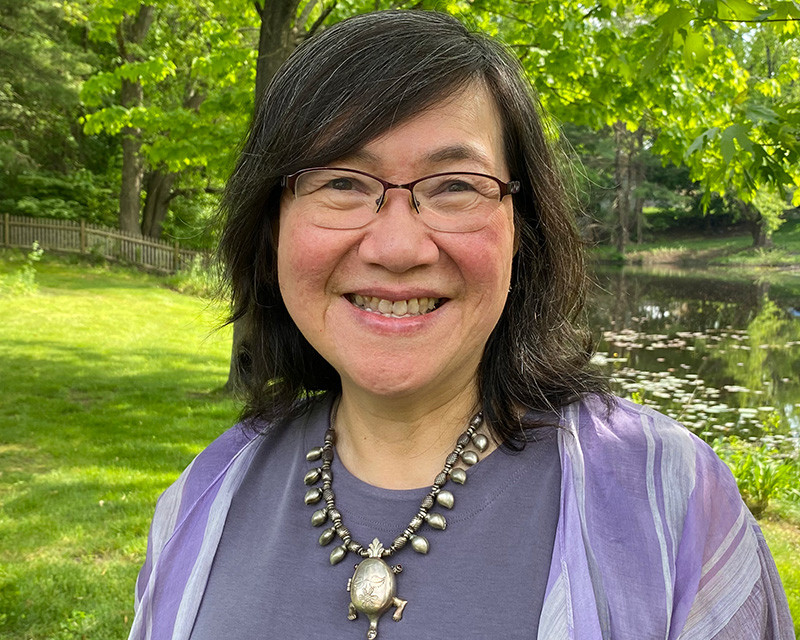Filters
Found 120 Results
-
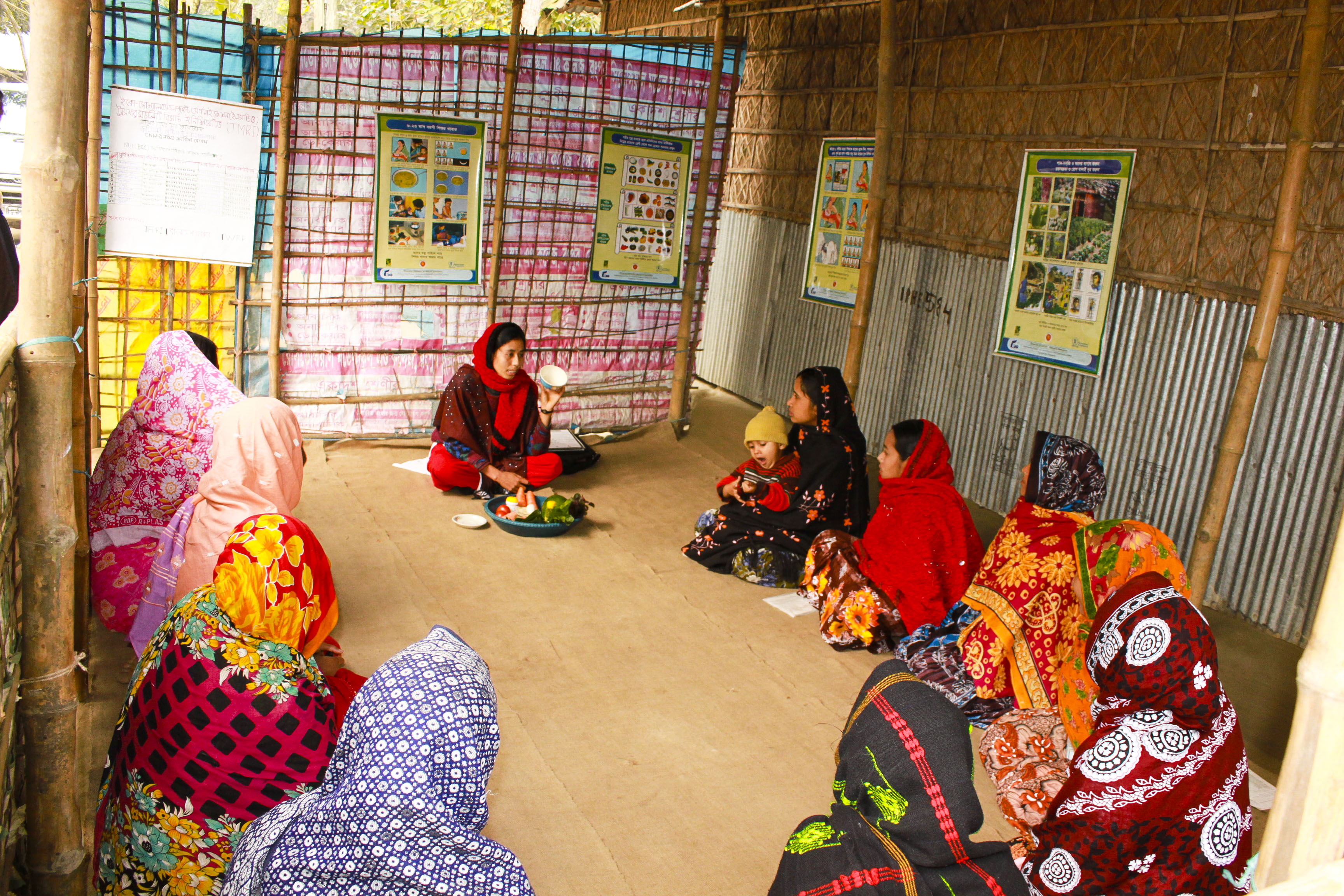
Transfer Modality Research Initiative (TMRI)
From 2012 to 2014, IFPRI partnered with the World Food Programme on a two-year pilot safety net program – the Transfer Modality Research Initiative (TMRI) – to determine which transfer modalities work best for the ultra-poor in rural Bangladesh. TMRI was designed as a cluster randomized controlled trial (RCT), in […]
-
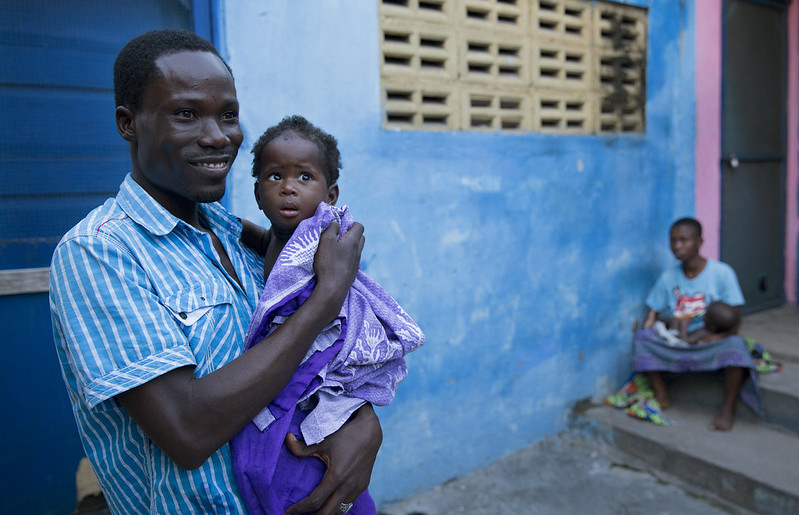
Transform Nutrition West Africa
Transform Nutrition West Africa is a regional platform to enable effective policy and programmatic action on nutrition, funded by the Bill & Melinda Gates Foundation from 2017-2021 and led by the International Food Policy Research Institute. We work across the region but our focal countries are: Burkina Faso, Ghana, Nigeria […]
-
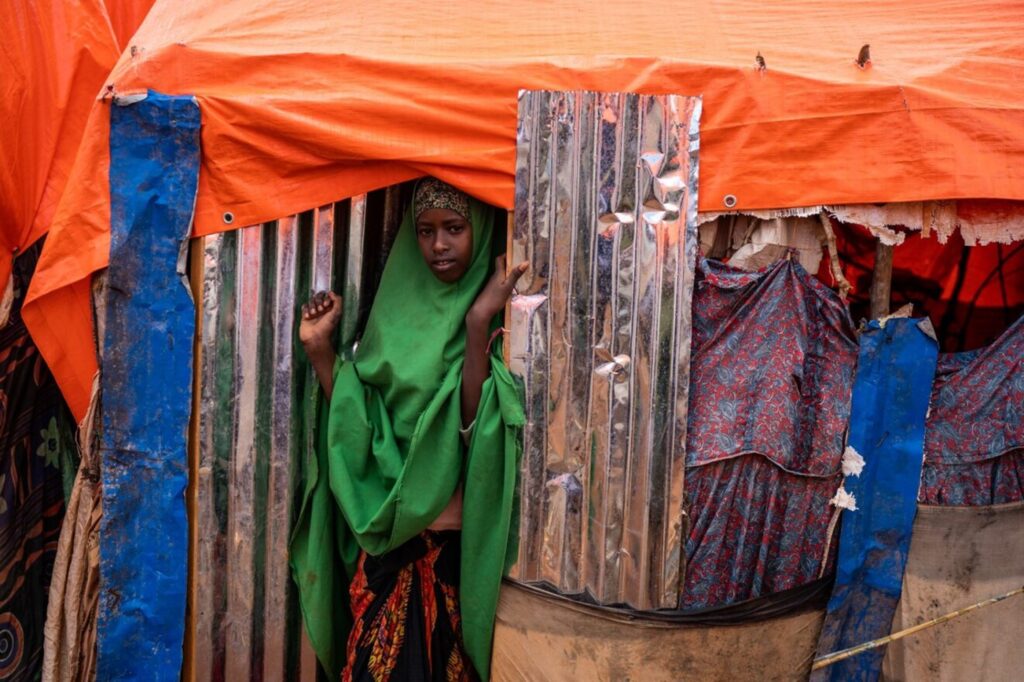
Ultra-Poor graduation in Somalia
USAID’s Bureau of Humanitarian Assistance funds World Vision to implement the Ultra-Poor Graduation intervention in Baidoa, Somalia, designed to enable ultra-poor households who are internally displaced enable ultra-poor internally displaced households to graduate from extreme poverty and begin an upward trajectory to self-reliance. IFPRI is collaborating with World Vision to […]
-
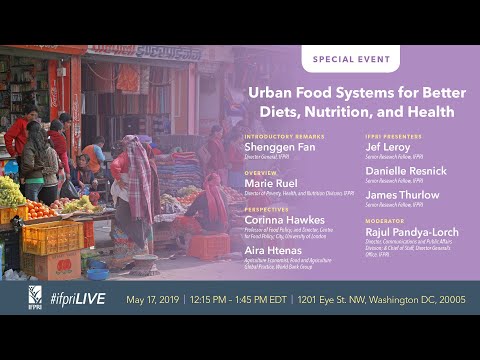
Urban Food Systems for Better Diets, Nutrition, and Health
This program aims to guide policymakers and other key actors in designing and implementing effective food system policies to support healthier diets and optimal nutrition and health for the urban poor.
-

Value Chains Knowledge Portal
The Value Chains knowledge portal (tools4valuechains.org) is a repository of tools and methods, publications, training content, and information about events related to value chain research undertaken by CGIAR and its partners. This initiative is led by the CGIAR Research Program on Policies, Institutions, and Markets (PIM) with contributions from all CGIAR research centers. The Value […]
-
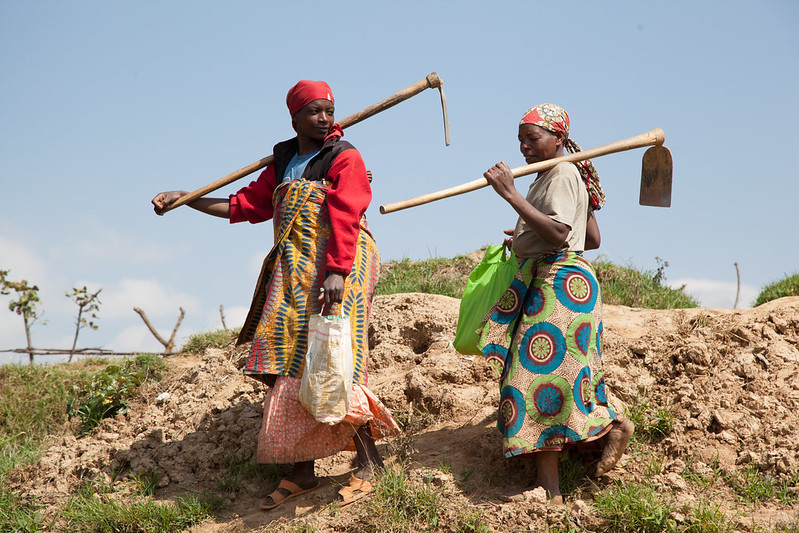
Voice for Change Partnership (V4CP)
The Voice for Change Partnership (V4CP) programme is a collaboration between the Dutch government, SNV, and IFPRI to empower civil society organisations.
-
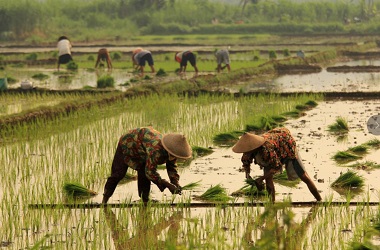
Water quality for agriculture and economic growth
Research Questions: What are the key water quality stressors in developing countries and which countries rank worst and best in terms of domestic, industrial and agricultural water pollution? Which investments can best address adverse water quality outcomes?
-
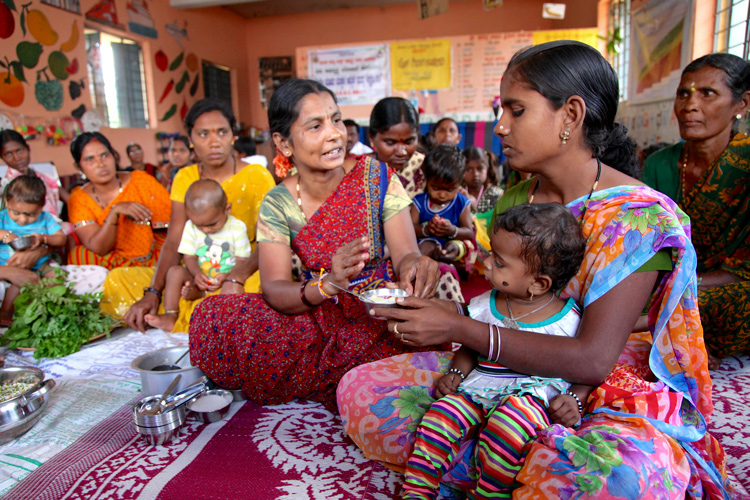
Women Improving Nutrition through Group-based Strategies (WINGS)
Women Improving Nutrition through Group-based Strategies (WINGS) is a Bill & Melinda Gates Foundation-funded umbrella project in India to be carried out in 2015-2019. WINGS aims to build the evidence base on the pathways through which Self Help Groups (SHGs) can improve nutrition in India. It will conduct a comprehensive […]
-
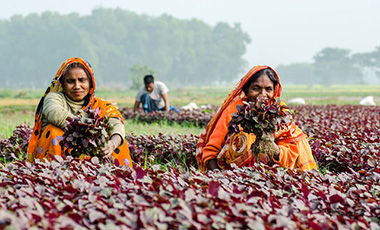
Women’s Empowerment in Agriculture Index (WEAI)
Released in 2012, the Women’s Empowerment in Agriculture Index (WEAI) is an innovative tool that measures women’s empowerment in agriculture. Visit WEAI website.
-
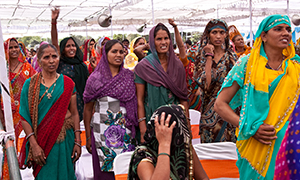
Women’s empowerment in agrifood governance (WEAGov)
The Women’s Empowerment in Agrifood Governance (WEAGov) is an assessment tool developed by IFPRI and partners to help evaluate the extent to which women are empowered across the policy cycle related to agrifood systems. WEAGov provides a way for national policymakers, civil society organizations, and researchers to identify gaps and […]

